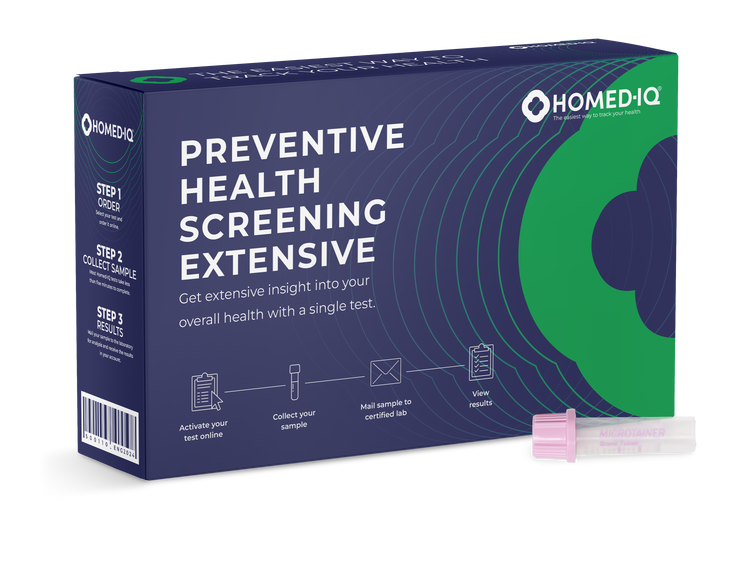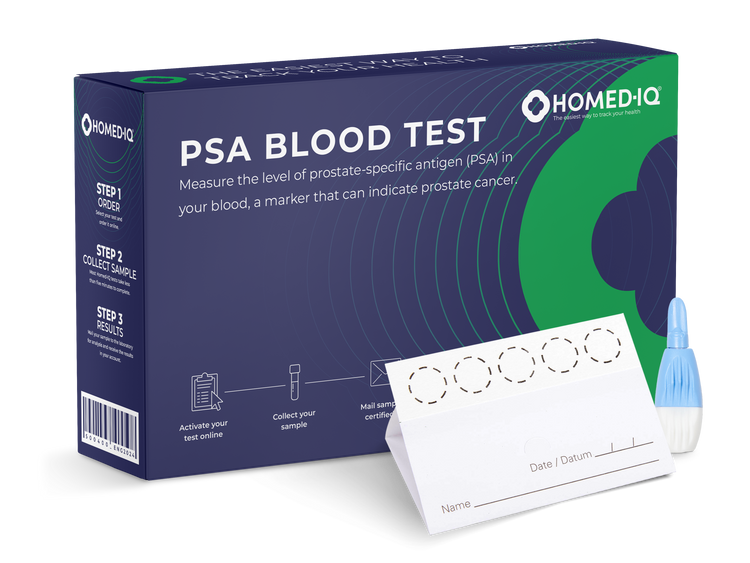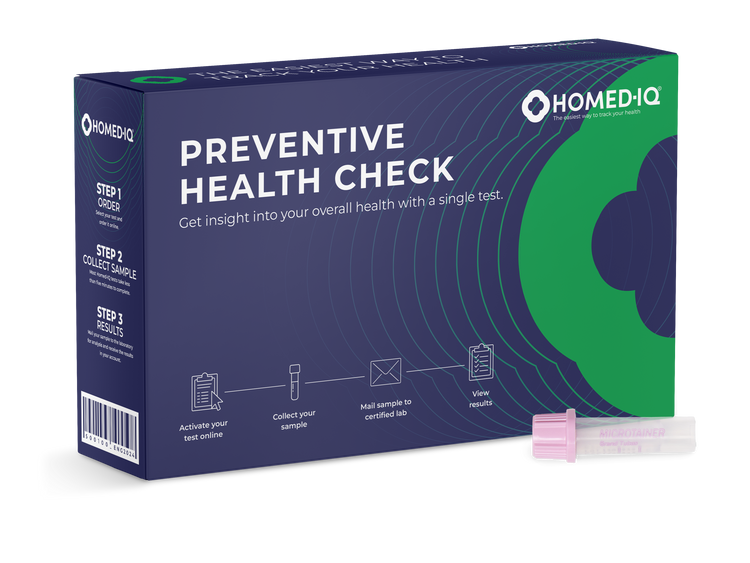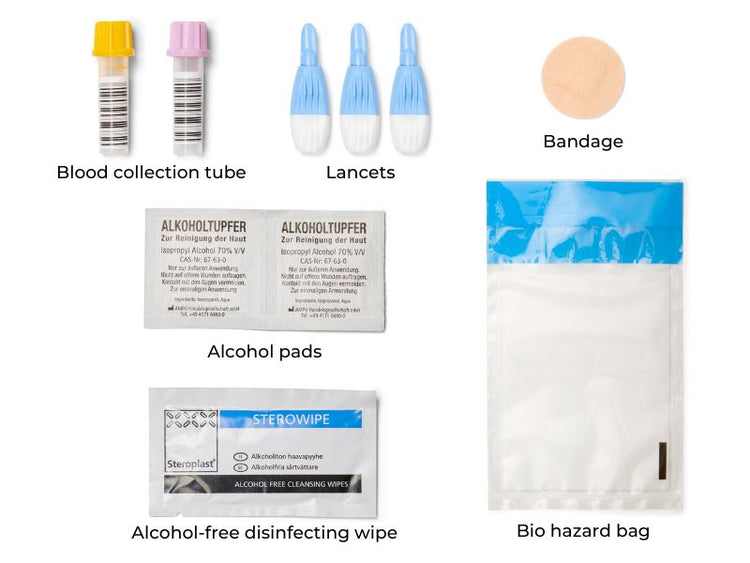HPV Test for Women
FREE SHIPPING
Homed-IQ’s HPV Test is a screening test for cervical cancer in women. The test doesn’t tell you whether you have cancer, but detects the presence of Human Papillomavirus (HPV), the virus that causes cervical cancer. HPV is the most common sexually transmitted infection in the world, and while most infections clear themselves over time, some can persist in the body and cause health problems. Some types of HPV may cause warts or no symptoms at all. However, certain high-risk types of HPV can cause changes in the cells of the cervix, which can lead to cervical cancer. This at-home test checks for high-risk types of HPV in women that can cause cervical cancer.
Test mode:
Vaginal Swab
FAQs
How can I contract HPV?
Is a HPV test the same as Pap smear?
Can you test for HPV from home?
How accurate is Homed-IQ’s home HPV test?
Is there a difference between high and low-risk HPV?
What will my HPV test results tell me?
Can HPV be cured?
Can a woman give HPV to a man?
Can a man get tested for HPV?
I had the HPV vaccine. Do I still need to screen for high-risk HPV?
How do I know when and from whom I got HPV from?
Can I perform this test if I am menstruating?
Can I perform this test if I am pregnant?
How does it work?
-
![Woman in professional cozy kitchen with Homed-IQ test kit]() 1
1Order your test
Fast and discrete letterbox delivery
-
![]() 2
2Activate & take your sample
Video instructions included
-
![]() 3
3Laboratory analysis
ISO - Certified lab network
-
![]() 4
4Receive your results
Easy access through mobile


















